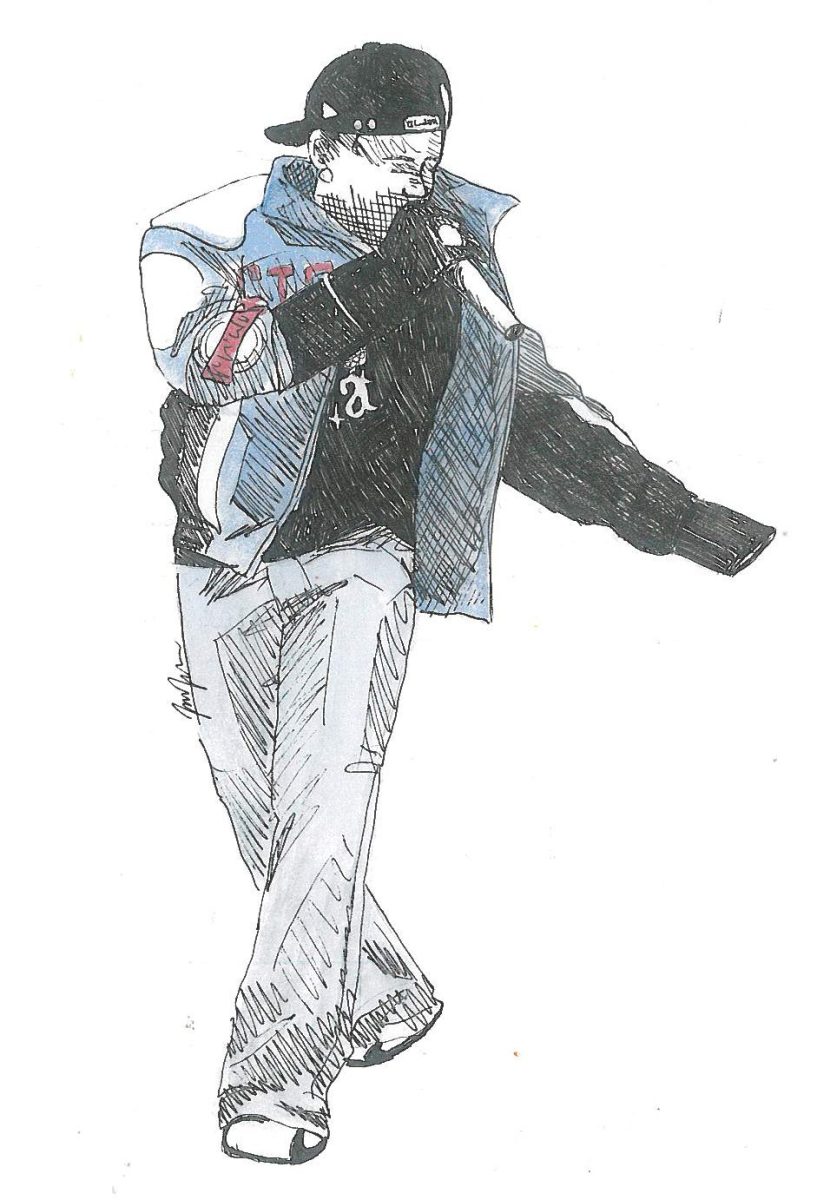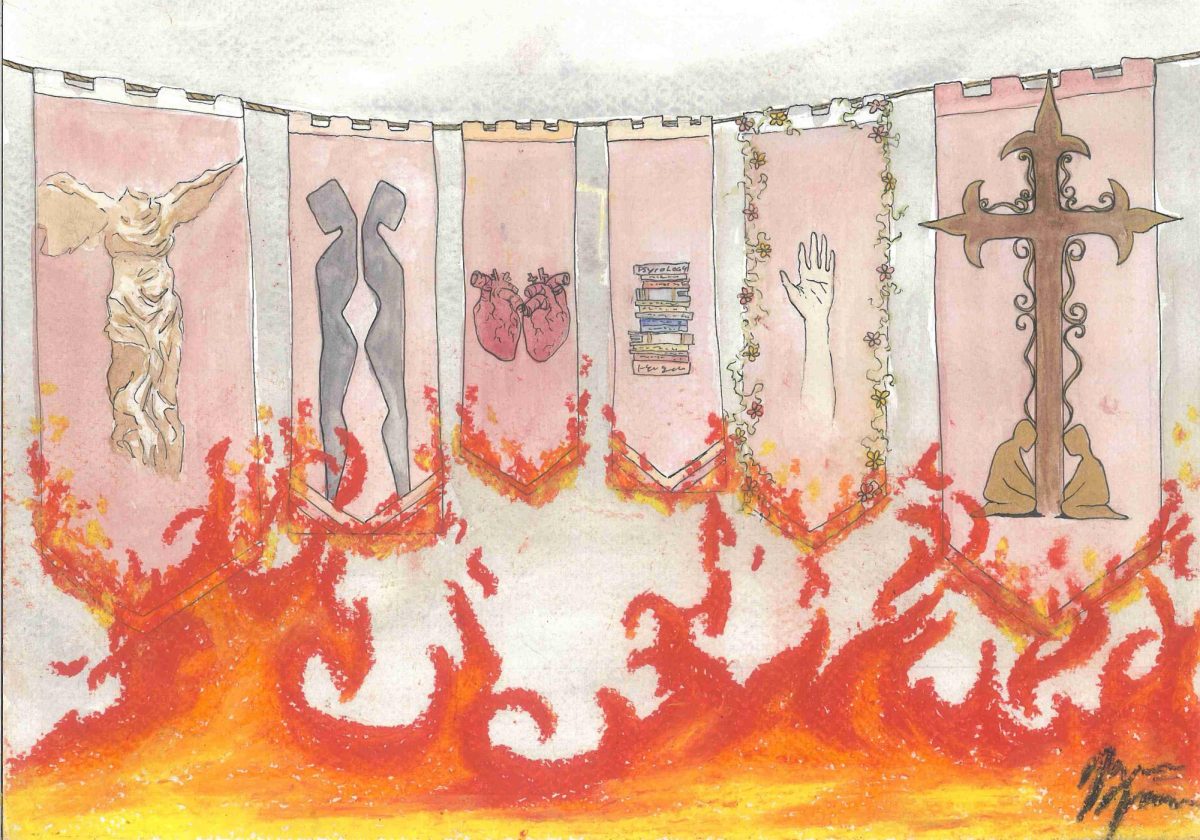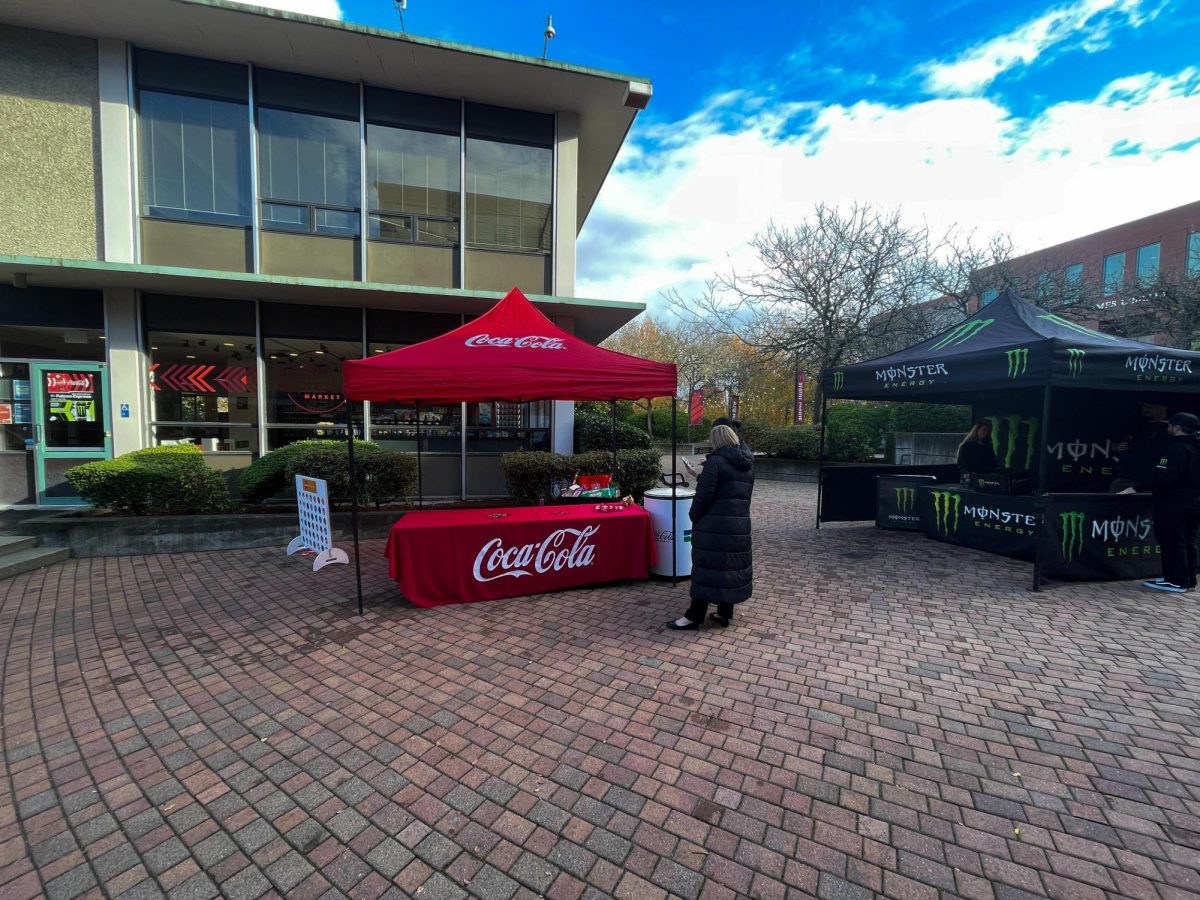Inclusion is a commonly discussed topic on Seattle Pacific University’s campus. It gets discussed at clubs, in professor evaluations, leadership training, chapel and several other events.
As a campus, we venture to create an environment and culture that is inclusive to all backgrounds, identities, cultures, and ultimately, all people. We strive for diversity: the presence of a multitude of paradigms and experiences.
This goal is an incredibly difficult standard to aspire to, as we constantly experience setbacks from the society surrounding us in the form of stereotypes, misinformation and offensive rhetoric.
However, there are times when similar setbacks are produced from internal sources.
This was the case on Friday, May 10 when ASSP President Nathan Samayo posted a video on Seattle Pacific University’s official Instagram story.
The video itself consisted of Samayo expressing that he comes from a Catholic background, then moving into a prayer thanking Christ for the fact that Beyonce’s new documentary, “Homecoming,” is on Netflix, and for the fact that he has access to an account for free. He then finishes with a worship session where Samayo plays several vulgar songs, including the introduction to Big Sean’s “I Don’t F**k With You.”
Though Samayo states in the video that he is engaging in acts of worship, the mannerisms and tone through which he expresses himself were perceived by many students as offensive, disingenuous and mocking.
If the video had been posted on Samayo’s own Instagram page, then it would hardly be of note as Samayo clearly has the right to express himself as he chooses. However, the platform of SPU’s main account changes the scope and reach of the content as it becomes representative of the university as a whole.
This incident of clear miscommunication, and what many felt to be misrepresentation, within our campus invites all members of the SPU community to consider how they personally contribute to issues of representation and inclusivity on campus and beyond.
Acts of worship and expressions of Christianity are by no means able to be prescribed, nor should there be a mandated form of acceptable worship expressions. However, this does not mean that the perceptions of others concerning these forms of expression carry no weight.
Bearing witness to the video itself and the hurt that spawned from its publication led me into thinking deeper about what it means to be a member of the SPU community striving toward a collective goal of inclusive representation on campus.
How can our community balance the rights of the individual to express their experience while still maintaining a space where all people feel invited to participate and assured that their identities will be respected?
Students of faith have a right to feel that their faith is going to be respected on campus, and at the very least protected from any action they could perceive as derision. The fact that a segment of religious students felt that this protection was not afforded to them under the name of the university represents a failure on behalf of the community.
Certainly, every individual has the ability, and in my view, a duty, to make full expression of their First Amendment rights to express their speech and religion in the way they so choose. But representing a group of people, in any capacity, comes with a responsibility to consider the various backgrounds, experiences and paradigms that are summed up into that community’s collective identity.
Speaking for myself, I am certainly no paragon for this type of balance. Even only considering my role as an editor for The Falcon, I have been by no means immune to insensitivity when it comes to recognizing and anticipating the perceptions of my fellow students and SPU community members concerning the content of items that I publish.
When I take on the name of my organization in regard to the content I produce, my words no longer belong to just me. Their ownership transfers to the community, creating effects in ways that I can’t control and consequences that I might not have intended.
If this year has taught me anything it is that my words come with value and that I can misuse their effects, even if it is unintentionally. My rights to individual expression are certainly mine to exercise, but they do not negate my calling as an SPU student to represent my community with grace, respect and acceptance.
In short, I am called to express my First Amendment rights in a way that makes it clear to others that I respect their right to do the same, honoring them as I would want reciprocated. To borrow a phrase from the Washington Post, democracy truly does die in darkness. These kinds of conversations are worth having if we are aiming to improve.
One of the elements of strong leadership is the ability to be vocally self-critical. If SPU is going to be a leader in our city and our nation on issues of inclusion, then we need to be the first ones to acknowledge where we can improve.
This starts with having more direct and open conversations about how we can share our stories with one another, finding common ground upon which we can build relationships that enable us to celebrate the difference and uniqueness we find in one another.
When we stumble upon miscommunications or misrepresentations that cause harm, we are called to be the first to step into those uncomfortable spaces and own up to our actions, recognizing our own need for growth.
As a member of the SPU community, I feel that one of the fundamental ways I can contribute to our community’s collective goals is to do my best to listen to criticism, be open to correction and participate in these conversations with as much honesty as possible.
Really, I think that is all that we could ask of anyone. Maintain an open heart and mind, a willingness to learn, and leave pride at the threshold when entering into our community.
What I would hope that our community can take away from this is an ability and desire to take incidents that can cause offense or injury as opportunities for further discussion and understanding.
Silence leaves room for unfair judgments, misconception and ultimately problems that go unresolved. Speaking up respectfully, being boldly graceful and acting courageously while thinking critically are values that every SPU student is called to uphold.
When confronted with situations in which we feel harmed or recognize that we caused harm, we owe it to our community to either speak out or take accountability for our actions. We owe it to stand behind in support of our peers who are engaging in these conversations.
These contributions allow all members of the SPU community to benefit, by either empowering them to follow the examples set or learning how to engage in difficult spaces in ways that are honest and constructive.
Through holding ourselves to high standards of honesty and inviting constructive criticism, we will inevitably increase our progress toward our collective goals as a university, as we will invite an increased amount of valuable perspectives to come to the table for the benefit of everyone.






















































































